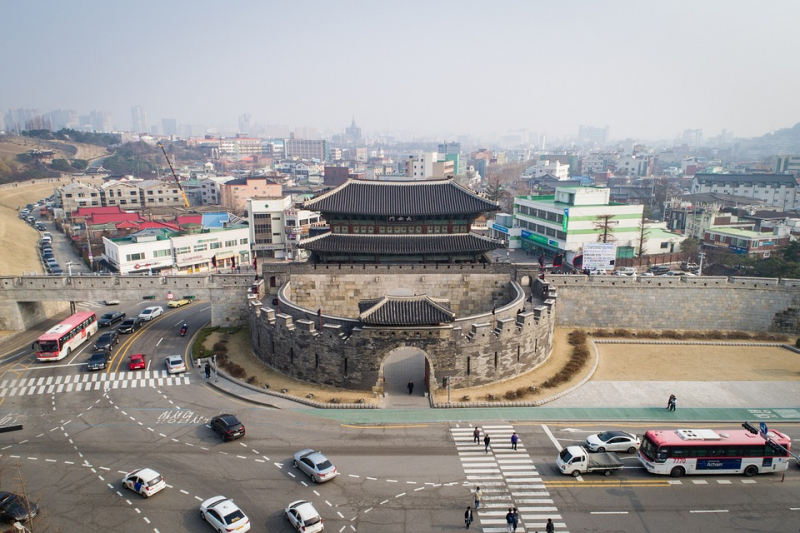Social and cultural barriers
In North Korea, there is a strong culture of loyalty to the state and the ruling regime. Attempting to defect is seen as a betrayal not only to the government but also to one's family and community. It is a closed society that heavily regulates the social and cultural norms of its citizens. The government promotes an ideology of loyalty and devotion to the state and its leader, and it actively suppresses any behavior that is perceived as disloyal or subversive.
This ideology creates a sense of social pressure and conformity, where citizens may feel compelled to report anyone who behaves in a way that is not in line with the government's expectations. This pressure makes it difficult for citizens to confide in others about their intentions to escape or to trust others to help them.
Additionally, the lack of exposure to other cultures and languages limits citizens' ability to communicate and navigate different social and cultural contexts. This lack of exposure also limits citizens' ability to understand the outside world and make informed decisions about their options for leaving North Korea.








